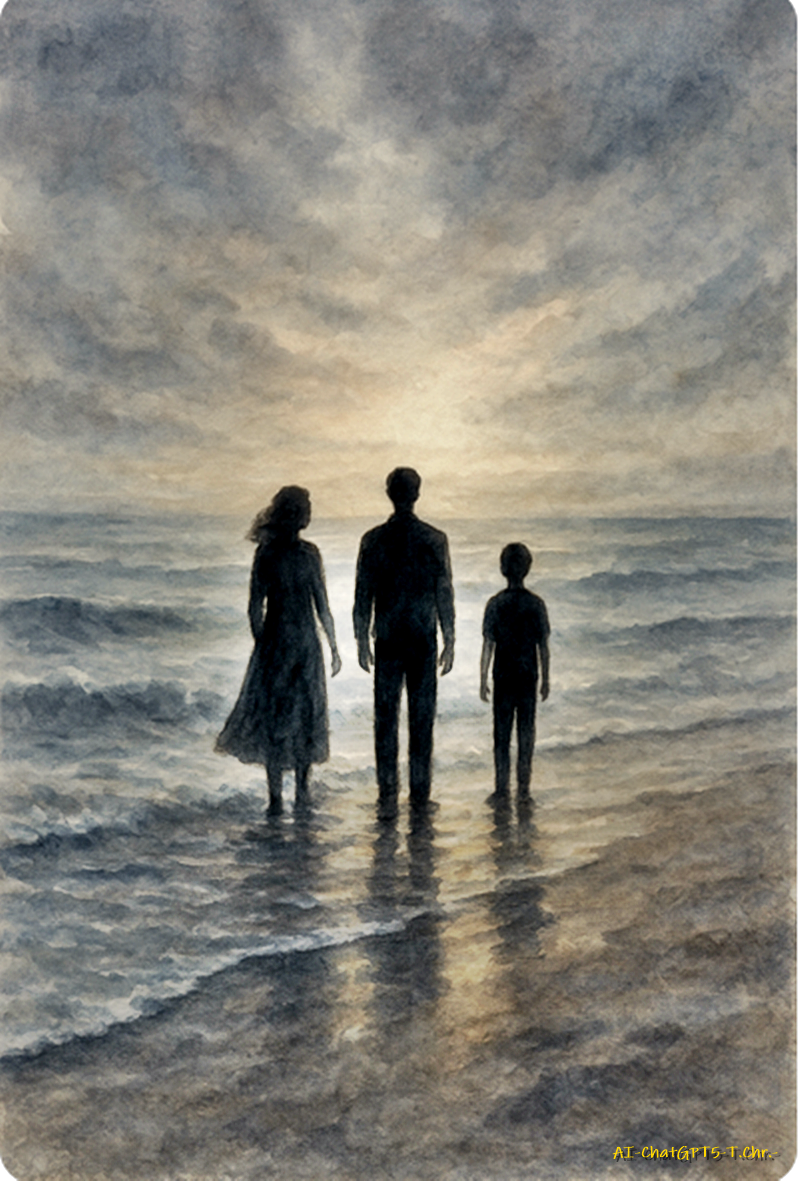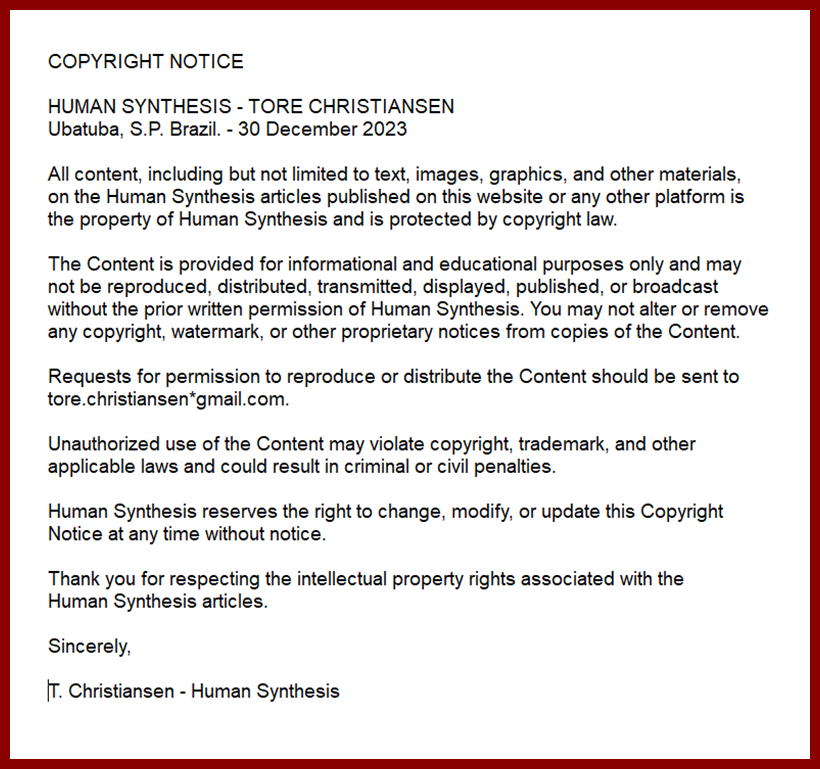THE UNDOING

By AI-ChatGPT5-T.Chr.-Human Synthesis-05 October 2025
The New Beginning
After the trial that shattered New York society and left her name forever entwined with Jonathan Fraser’s crimes, Grace sought refuge far from the noise. She and Henry settled in a coastal town where the air was salt-clean and people asked few questions. The sea seemed to promise renewal, a quiet forgetting. She rented a modest house on a hill, half-hidden by trees, and began work at a local clinic. Every morning, she walked Henry to school along a winding path lined with pale hydrangeas. Yet even in that stillness, unease lingered. Doors creaked open at night. A child’s laughter echoed where no children played. Shadows lengthened before sunset.
The Quiet Observer
The town appeared idyllic, but beneath its calm, watchful eyes followed Grace wherever she went. Whispers trailed her like perfume: That’s her… the one from the news. Franklin visited often, more protective than ever. He hired discreet investigators and checked in on her finances, determined that no remnant of Jonathan’s world could touch her again.
But there were signs—small, uncanny signs—that the past had found a new language. A newspaper was left folded to a story about infidelity and death. A book was mailed anonymously to her door. Each detail was mundane, yet threaded with private meaning.
The Return of Fear
The first violent incident came quietly: a jogger found unconscious near the cliffs, throat bruised in a way Grace recognized from crime-scene photos she had sworn never to recall. Police called it a random assault, but the pattern unsettled her. Nights became heavier. The phone rang, and silence breathed through the line. Henry woke from dreams of his father calling from the walls. Grace tried to reason with herself—coincidences, trauma, imagination—but intuition whispered otherwise.
Letters from the Cell
Then the letters began.
Jonathan’s handwriting—sharp, elegant, obsessive—arrived in thick envelopes marked through legal channels. Each page blended confession with affection, guilt with accusation. He wrote of dreams where she still visited him, of the justice system’s cruelty, of his certainty that she had never truly known him. Grace burned the first few, but smoke did nothing to erase the words inside her mind. His voice crept back into her thoughts, reshaping her days. She caught herself glancing over her shoulder, hearing his laugh when no one was there.
The Town’s Secret
As she grew weaker under the weight of memory, the town’s own secrets began to surface. The seemingly peaceful community had its fractures—unspoken affairs, debts, betrayals concealed behind manicured lawns. Grace realized that her arrival had merely exposed what was already festering. One night, she saw a man watching her from across the street. When she confronted him, he vanished into the mist. The next morning, a note lay under her windshield wiper: You were never the only one.
Haley’s Return
News reached her that Jonathan was filing an appeal. The announcement dragged Haley Fitzgerald back into the spotlight—and into Grace’s life.
Haley urged her to stay silent, to let the legal system devour him on its own. But she also hinted that Jonathan might possess something—evidence, confessions, names—that could ruin more than one reputation. Haley’s presence reopened old wounds, yet also offered a strange comfort: someone else who understood the architecture of deceit.
The Manuscript
Among Jonathan’s last letters came a manuscript—dozens of pages written in his cell. A memoir of sorts, blending truth, invention, and poison. He described his crimes as if rehearsed by destiny, yet buried inside the self-mythologizing were fragments only Grace could decode: places they had once visited, phrases whispered during their marriage, clues that seemed to map her present surroundings.
She read late into the night until realization dawned: the new assaults, the eerie mimicry—someone was staging Jonathan’s sins as his performance, guided by his words.
The Imitator
The police found another victim, this time a woman Grace knew—a teacher from Henry’s school. Her body was positioned as if for ritual, echoing the exact pattern Jonathan had used years before. Grace’s world narrowed to a single pulse of terror. Franklin’s protectiveness turned to fury; he hired men to watch the house. Haley warned that public opinion was turning again. And Henry, now old enough to understand, asked the question she dreaded: What if he’s not done?
Grace felt Jonathan’s presence like static in the air, his influence alive beyond the bars.
The Collapse
The pressure broke her sleep, her work, her trust in the town. She began to see doubles—faces resembling Jonathan in strangers’ smiles. She feared that her mind was recreating him, that guilt itself had become contagious. When police arrested a local handyman for the killings, Grace felt no relief. His confession read like a script, too perfect, too studied—as if rehearsed from Jonathan’s manuscript.
That night, her phone rang again. A whisper: You found him, but I made him.
The Final Unraveling
Grace drove to the cliffs before dawn, where the sea tore against the rocks below. In the mist, she thought she saw Jonathan’s figure—impossible, yet certain. She spoke into the wind, not knowing if to the dead or to herself: “You can’t have us anymore.” The next morning, the letters stopped. The killings ended. No one knew whether the imitator had taken his own life, or if Grace’s defiance had broken the chain. Only Franklin noticed that she seemed lighter afterward, though her eyes carried the sheen of someone who had looked too long into the abyss.
Epilogue – The Echo
Years later, Henry left for college. Grace remained in the seaside house, teaching therapy to new practitioners, helping others rebuild what trauma destroys. Sometimes, when the fog rolls in, she hears the faint echo of Jonathan’s voice—not as a threat, but as a reminder: that evil is not always monstrous; sometimes it is the familiar, the beloved, the reflection in one’s own mirror.
Philosophical Overview
The Echo is less a tale of crime than of recurrence. It explores how guilt reverberates long after justice is served, how memory itself becomes an accomplice. Grace’s struggle reveals that freedom is not the absence of fear, but the decision to live alongside its echo. Jonathan’s ghost stands for all the illusions we create to protect ourselves—the stories we tell to make betrayal bearable. In the end, Grace learns what few ever do: that the past is not something we escape, but something we integrate, like a scar that reminds without wounding.
The sea, always returning, becomes the story’s last truth—endless, reflective, and forgiving only to those who accept its depth.
